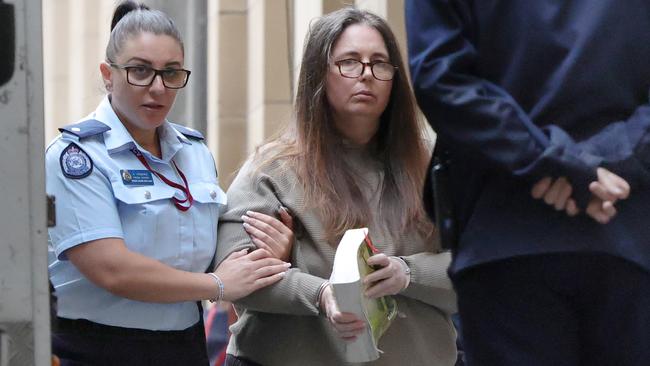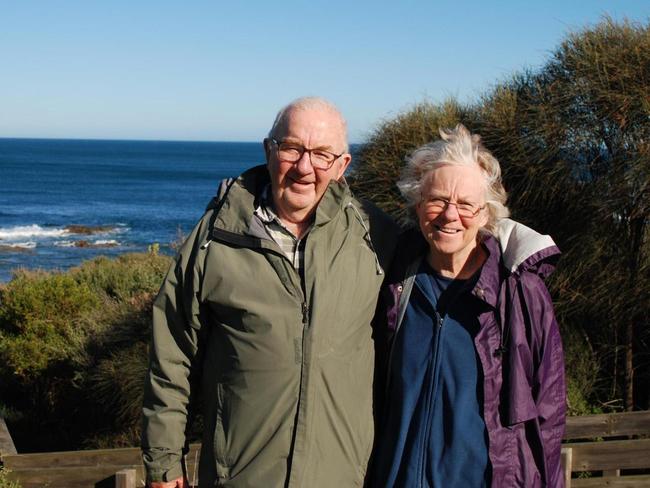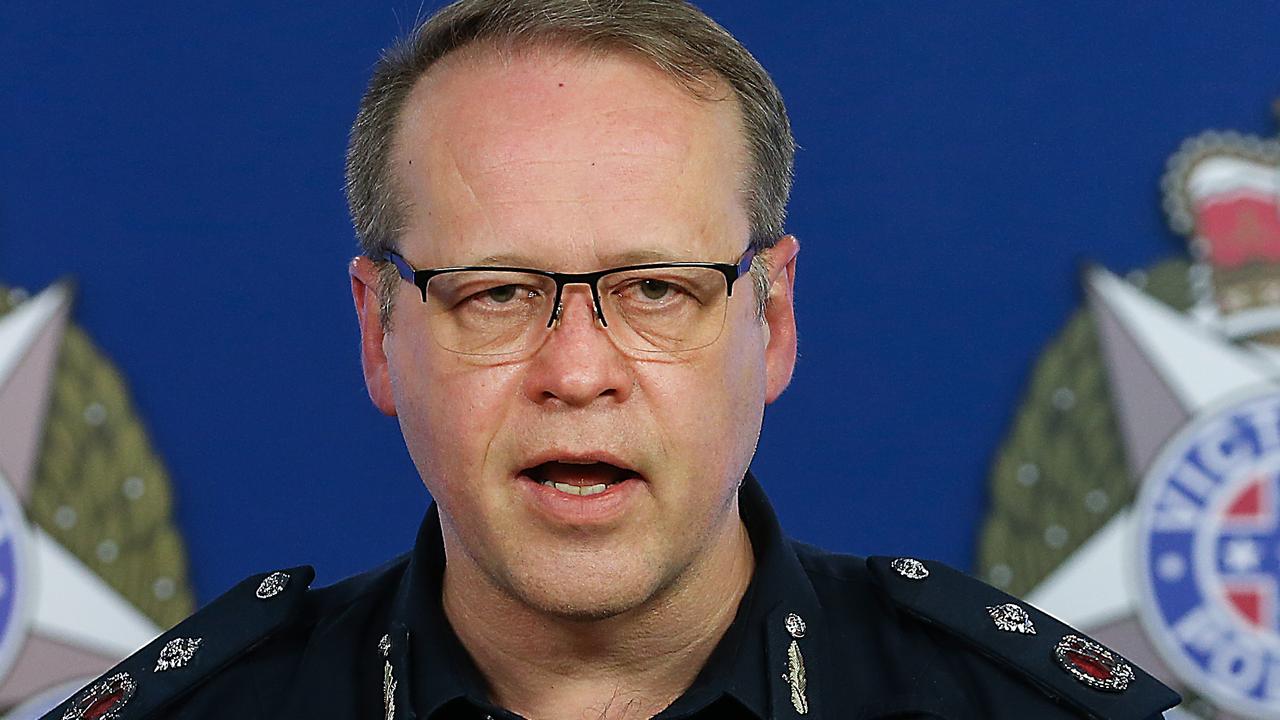How trial of mushroom cook Erin Patterson will proceed
In one of Victoria’s most highly-anticipated trials, accused triple-murderer Erin Patterson will next week face court on allegations she killed three relatives by serving them a meal laced with lethal death cap mushrooms. This is what you need to know.

Victoria
Don't miss out on the headlines from Victoria. Followed categories will be added to My News.
Accused triple-murderer Erin Patterson will next week stand trial on allegations she killed three relatives by serving them a meal laced with lethal death cap mushrooms.
In what is one of Victoria’s most highly-anticipated trials in recent memory, Ms Patterson, 50, is expected to appear before a jury in the Supreme Court sitting at Morwell on Tuesday.
Ms Patterson is accused of murdering her former in-laws Don and Gail Patterson, both aged 70, and Gail’s sister Heather Wilkinson, 66, who all died in hospital days after consuming an allegedly deadly mushroom meal at her Leongatha home, in South Gippsland, on July 29, 2023.
Ms Patterson is also charged with the attempted murder of Heather’s husband, Ian Wilkinson, 68, who survived following weeks of treatment in hospital.


Prosecutors allege the group fell ill after eating a beef wellington meal which was prepared by Ms Patterson and laced with death cap mushrooms.
Ms Patterson denies wrongdoing and has pleaded not guilty to the charges.
Jurors from the Gippsland region are expected to be empanelled on Tuesday morning.
Both the prosecution and defence will have the opportunity to challenge potential jurors before a final panel is sworn in.
Up to 15 jurors may be selected to allow for illness or unforeseen circumstances during the trial.
Only 12 will decide the verdict — with the final jury to be determined by ballot before they retire to deliberate.
Once empanelled, crown prosecutor Nanette Rogers SC and defence barrister Colin Mandy SC will deliver their opening remarks on Wednesday, summarising their cases and the evidence they expect the jury will hear.

Evidence will begin later in the week and will include witness testimony, cross-examination and exhibits, such as documents or photographs.
Once evidence is complete, the prosecution and defence will deliver their closing addresses summarising their cases.
Justice Christopher Beale will then give his “charge” to the jury, which involves explaining legal issues and summarising arguments from both sides before the jury retires to consider its verdict.
It could take anywhere from a few hours to weeks for the jury to reach its verdict which must be unanimous.
Under Australian law, the jury’s deliberations must remain secret and jurors are banned from publicly discussing the case afterwards.
The trial is expected to run for up to six weeks.



